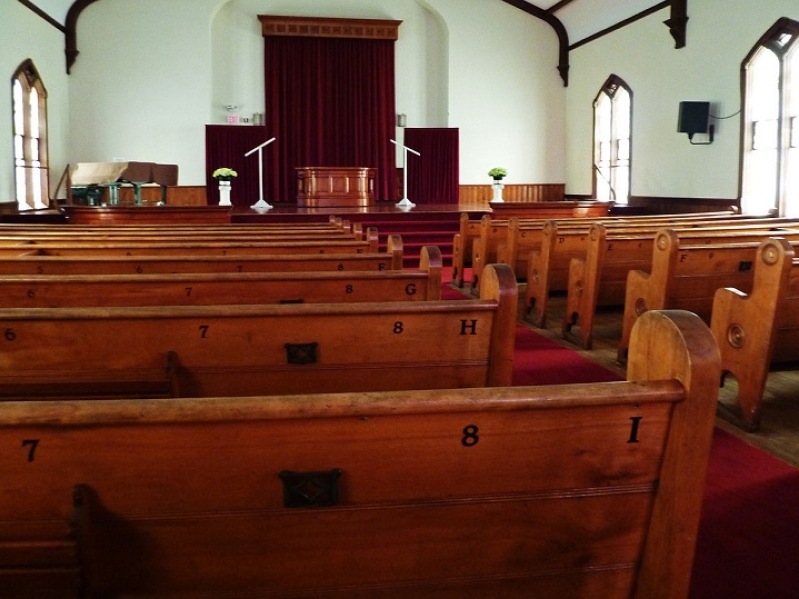
Pastors all over the U.S. took to their pulpits on Sunday to protest a law that allows the IRS to say what can and cannot be preached on the pulpit, particularly on political endorsements.
Pulpit Freedom Sunday is an initiative started by nonprofit group Alliance Defending Freedom in 2008 to protect religious freedom and prevent censorship in the pastors’ sermons. There are more than 4,000 pastors supporting the initiative.
"The ultimate goal of Pulpit Freedom Sunday is to restore a pastor's right to speak freely from the pulpit without fearing government censorship or punishment," Erik Stanley, senior counsel at Alliance Defending Freedom, said. "The IRS currently holds the power to impose legal sanctions on a church for something its pastor preaches from the pulpit."
It wasn’t always like that. Years ago, pastors could freely speak about political candidates and even endorse or oppose them straight from the pulpit. However, in 1954, then senator Lyndon B. Johnson amended the U.S. tax code, restricting the right of churches to comment about political candidates while they preach. This became known as the Johnson Amendment.
The ADF questions the IRS restrictions on political comments.
“The IRS doesn’t feed the hungry. The IRS doesn’t comfort the hurting. And the IRS definitely doesn’t heal the broken. A pastor’s pulpit should be accountable to God alone, and the future of religious freedom in America depends on it,” ADF said on its website. “It’s time to put an end to the Johnson Amendment.”
Last week, House Majority Whip Steve Scalise and Rep. Jody Hice proposed a bill called Free Speech Fairness Act that would repeal the Johnson amendment and restore the pastors’ right to preach freely.
Republican presidential candidate Donald Trump promised to repeal the Johnson Amendment if he should get elected.
"All religious leaders should be able to freely express their thoughts and feelings on religious matters. And I will repeal the Johnson Amendment if I am elected your president, I promise. So important," Trump said.
However, not all church leaders agree that pastors should use their pulpits to endorse political candidates. Broderick Greer, curate at Grace-St. Luke’s Episcopal Church in Memphis, Tennessee, said he agrees with ADF’s initiative because the IRS restrictions have resulted in conservative pastors’ decreasing influence.
"I would never want to tell people who they should vote for. If you want to lose your tax-exempt status, then feel free to make an endorsement from your pulpit. If you don't then, you don't,” Greer said. “I think the broader question is should religious organizations have tax-exempt status at all."






